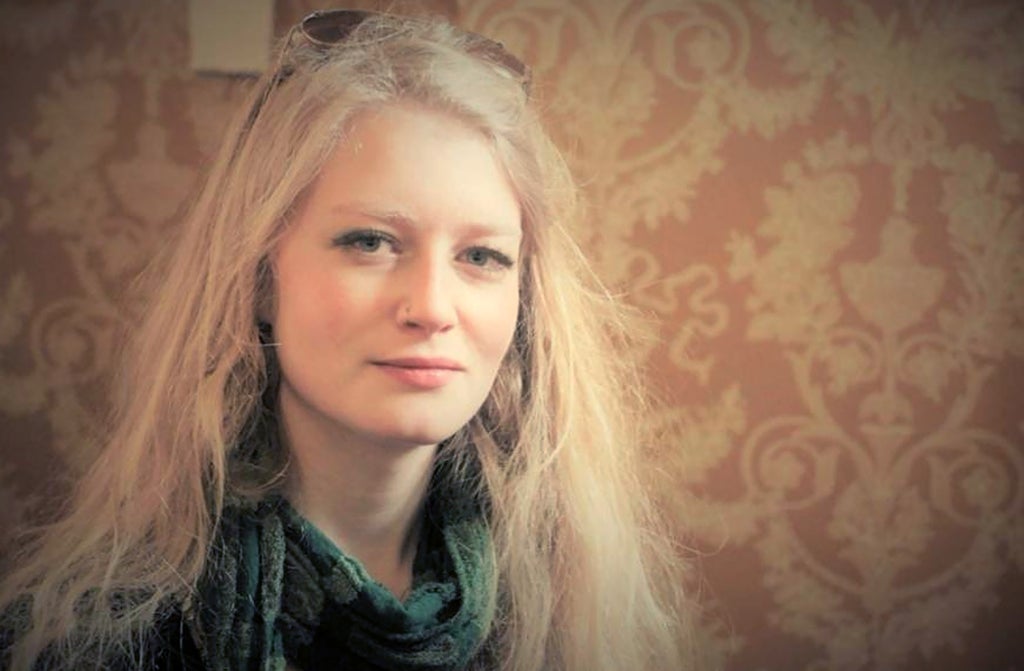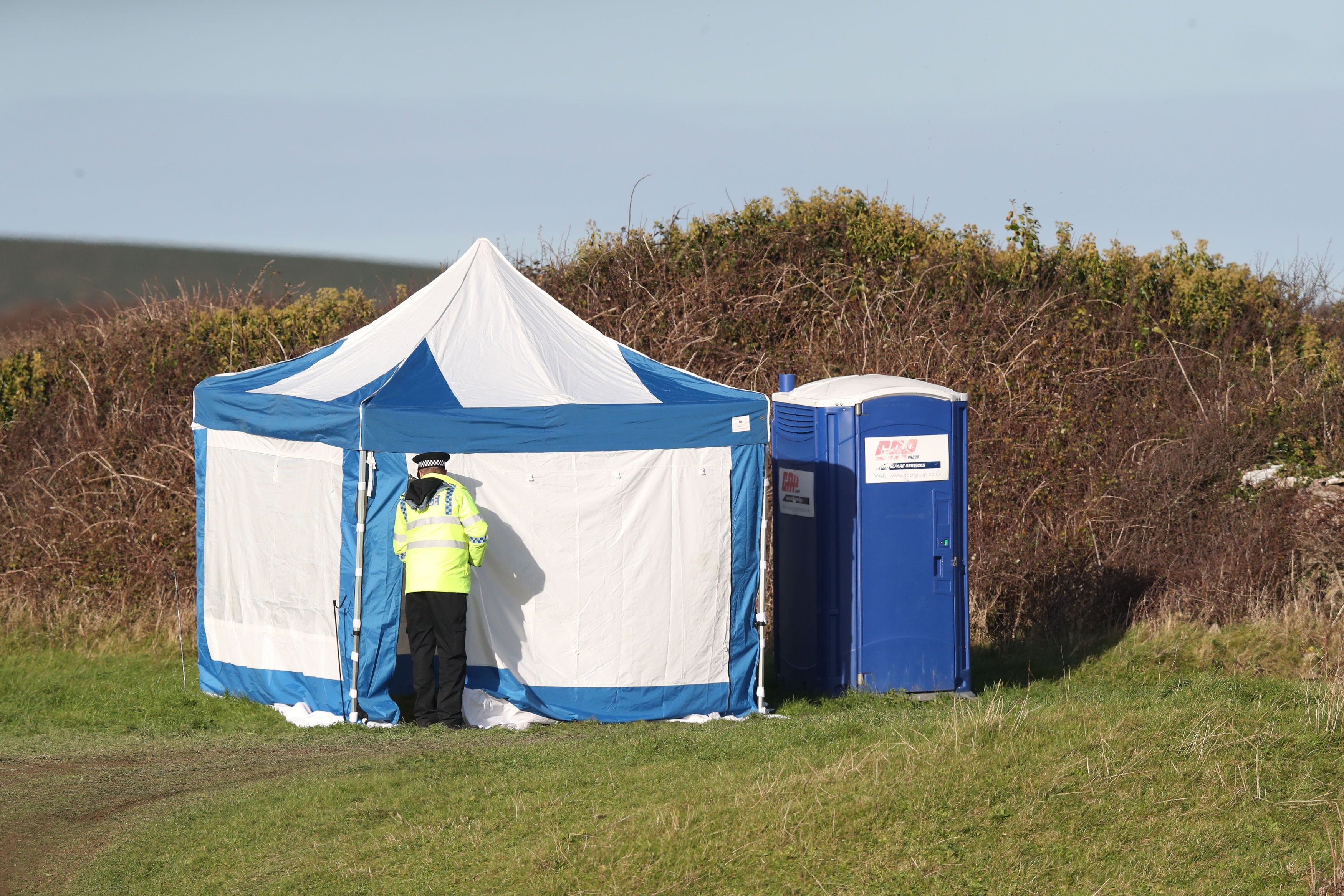
Teenager Gaia Pope-Sutherland’s disappearance should have been treated as high risk as soon as she was reported missing, her inquest has been told.
Police inspector Andrew Alkins said it was a mistake to grade the 19-year-old as medium risk and as soon as he learnt of her disappearance, he raised the status.
Dorset Coroner’s Court was told Mr Alkins came on duty at 7pm as a critical incident manager on the day of Miss Pope-Sutherland’s disappearance and worked until 7am the next day.

Miss Pope-Sutherland, who suffered with severe epilepsy, was graded as a medium risk missing person at 7pm on November 7 2017.
The court was previously told there was a near three-hour delay to open a missing person report after the alarm was raised by the teenager’s aunt, Talia Pope.
That evening, a National Police Air Service helicopter searched the coastal areas between Old Harry Rocks and Sandbanks and a uniformed officer carried out patrols in the Swanage area.
Mr Alkins said he learnt of the college student’s case at 1.16am the following day and, having read the background, upgraded her to a high risk missing person eight minutes later.
“My view was it was the wrong grading. My view was she should have been placed at high risk,” he told the inquest’s jury.
“I think there were a number of factors at the time. From memory, it was the medical records, the epilepsy, I was seeing mental health and I thought there was a lot of vulnerability within some of the stuff I was seeing within our systems.
“I would have given her high risk.”

He agreed the lower grading was a “missed opportunity” for senior officers to review Miss Pope-Sutherland’s case earlier.
Mr Alkins said he read the information available on the police logs to try and understand what had been done to try and find her and agreed there was an “information vacuum”.
He said he was “frustrated” at the lack of staff he had available to search for the teenager and agreed he was “starting from scratch” nine hours after she had first been reported missing.
“I saw the vulnerability and I wanted to get assets down there and I know from the medical condition she might be trying to keep warm,” he said.
He told the court he contacted the on-duty force incident commander, Chief Inspector Peter Beashel, and “vented my frustrations”.
“We were frustrated because we both knew the time, we had very limited resources and I think it is also very important that policing doesn’t stop and has got to continue,” he said.
“When you push someone to high risk, you treat it like your own family that has gone missing and throw what assets you have at it. That drains the force.
“We were frustrated by the fact we didn’t seem to have enough intelligence and information and we needed to get more, and we wanted to speak to family members again.”
Ms Pope phoned the police again shortly after midnight on November 8 for an update and was told by a call handler four officers and a helicopter were out looking for her, the court heard.
But Mr Alkins said: “From my recollection, I would not recount four officers being out.
“I don’t think there was four officers out. Knowing the officers, whatever number there were, they would have been out searching.”
Mr Alkins said he felt he “did his best” with the resources he had available.
“I felt, as did my colleague, that we were placed in quite an invidious position to what we had to start with,” he said.
“I didn’t have the luxury of someone having an abundance of officers to start acting as family liaison officers, setting up intelligence units and deploying a co-ordination helicopter.
“I made the best of what I had at that time in the morning.”
Mr Alkins agreed he should have recorded more information on the police logs before his shift ended.
He told the court he was co-ordinating officers searching in the area, attempting to obtain more information from the teenager’s family and speaking to the force incident commander.
Rachael Griffin, senior coroner for Dorset, asked: “There is no reference in any of the papers to those tasks you told the jury about.
“Did you definitely conduct all those inquiries you told them about?”
He replied: “I didn’t but others did. I gave instructions and the force incident commander did.”
The college student’s disappearance sparked a large search operation in the Swanage area involving the police, Coastguard, National Police Air Service, Dorset Search and Rescue, and members of the public.
Eleven days later, on November 18, her body was found by police search teams in undergrowth between Dancing Ledge and Anvil Point, close to the coastline.
The inquest continues.







